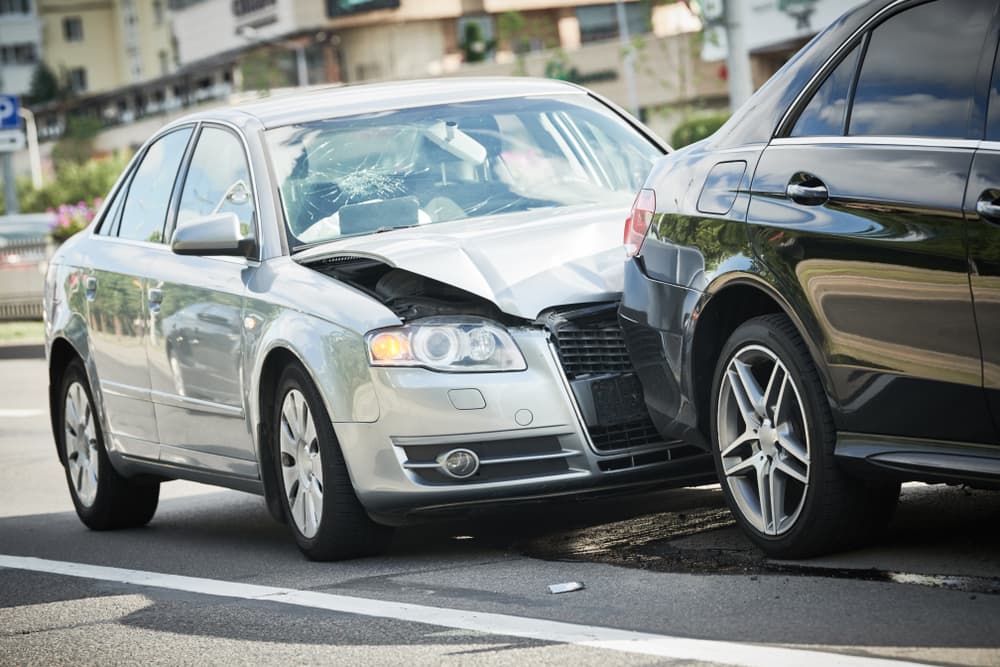
A 2018 survey recorded over 45 million licensed drivers age 65 or older in the U.S. For perspective, that’s a 69% increase since 1999, and accounts for one in every five drivers on the road.
Why is this important? Older drivers face a higher risk than other age groups of serious injury or death when they’re involved in a crash. This is true regardless of who caused the crash.
On average, 20 older Americans are killed every day in crashes, while an additional 700 are injured. South Carolina ranks fifth in the nation for most seniors killed in motor vehicle accidents.
Older Driver Safety Awareness Week, which runs from Monday, December 7 to Friday, December 11 this year, is intended to raise awareness of how much more vulnerable our elderly loved ones are on the road, and what we can do to keep them safe.
Step 1: Have A Conversation With Your Loved One About Their Driving
If your older loved one has recently received a traffic ticket or had a minor close call on the road, now is a great time to bring up their driving. Even if they haven’t, it’s better to bring up the issue before it becomes one.
These conversations can be difficult to have, because for many Americans, driving is tied to personal independence and freedom. It may be impossible to go grocery shopping, run errands, visit the doctor or pharmacist, or any number of important tasks without access to a car or other method of transportation.
Your loved one may see any criticism of their ability to drive as an attack on their ability to take care of themselves, and see losing the ability to drive as the first step to being unable to live independently. They may not want to acknowledge any decline in their driving ability for this reason.
It is helpful to use “I” rather than “you” statements to keep conversations non-confrontational. For example, say “I’m concerned about your safety” rather than “you are no longer safe to drive.” Don’t be discouraged or put off by a negative reaction and always keep empathy for their situation at top of mind.
Step 2: Identify Potential Problems and Plan How to Solve Them
Many otherwise completely healthy older drivers begin experiencing new aches and pains, slowed reaction time, or worsening hearing and vision as they age. Any of these can have a negative impact on driving ability and ability to drive defensively, which could put your loved one in a situation where they are unable to avoid a crash.
While we can’t avoid many of the problems that come with aging, we can anticipate the most common problems and plan ahead for them by changing driving habits or through the use of adaptive equipment.
- If your loved one is experiencing worsening vision, suggest they only drive during daylight hours in clear weather conditions.
- If your loved one is experiencing increased anxiety in traffic, suggest shifting the time they run errands to avoid rush hours.
- If your loved one is having difficulty remembering how to get to places they visit often or finding their way to new places, suggest using a GPS system.
- If your loved one is having difficulty getting in and out of the car, suggest purchasing a swiveling or swing-out seat or a removeable support bar.
- If your loved one finds it difficult or painful to turn their head or twist their body to look behind them, suggest installing wider mirrors or a backup camera.
Even if your loved one isn’t experiencing any difficulties now, it’s important to establish a routine of regular checks to catch any problems before they become worse, such as through scheduling annual eye exams; checking mirrors, lights, and tires before every drive; and checking with their doctor that they aren’t taking any medications that could interfere with their ability to drive.
Step 3: Discuss Ways to Stay Active Without a Car
If it becomes necessary for your loved one to stop driving, it’s important to make sure they are able to stay active. Without access to transportation, elderly adults can experience social isolation and depression, which can contribute to worsening physical health.
Alternate transportation options include:
- Friends, family, and neighbors. If you live nearby, create a schedule or carpool to help your loved one get to the places they regularly go. If you don’t live close enough to do so, they might consider trading favors with neighbors – for example, taking in packages while they are at work in exchange for rides.
- Public transportation. In addition to bus routes scheduled by the city, some locations such as malls and places of worship also provide their own transportation options.
- Rideshare services. Services like Uber and Lyft are increasingly popular for their convenience. Through the app, users can schedule rides ahead of time or call one on-demand in most cities in the U.S., even those without conventional taxi services.
- Volunteer driver programs. These programs often offer complimentary trips for elderly and disabled people needing to go to the doctor, store, bank, or other locations.
If no easy transportation option is available, you might also discuss with your loved one relocating to a more walkable community or assisted living facility that encompasses all your loved one’s needs inside it or offers to bus residents to those it doesn’t provide.
If Your Elderly Loved One Has Been Injured in a Car Accident Through No Fault of Their Own, We Want to Help
When they are injured in auto accidents, whether as a driver or passenger, Americans aged 65 and older are far more likely to be severely injured or killed. And when they were injured because another driver was negligent, the other driver should be held responsible for their medical expenses and pain and suffering.
Contact our firm today for a free case review.

































